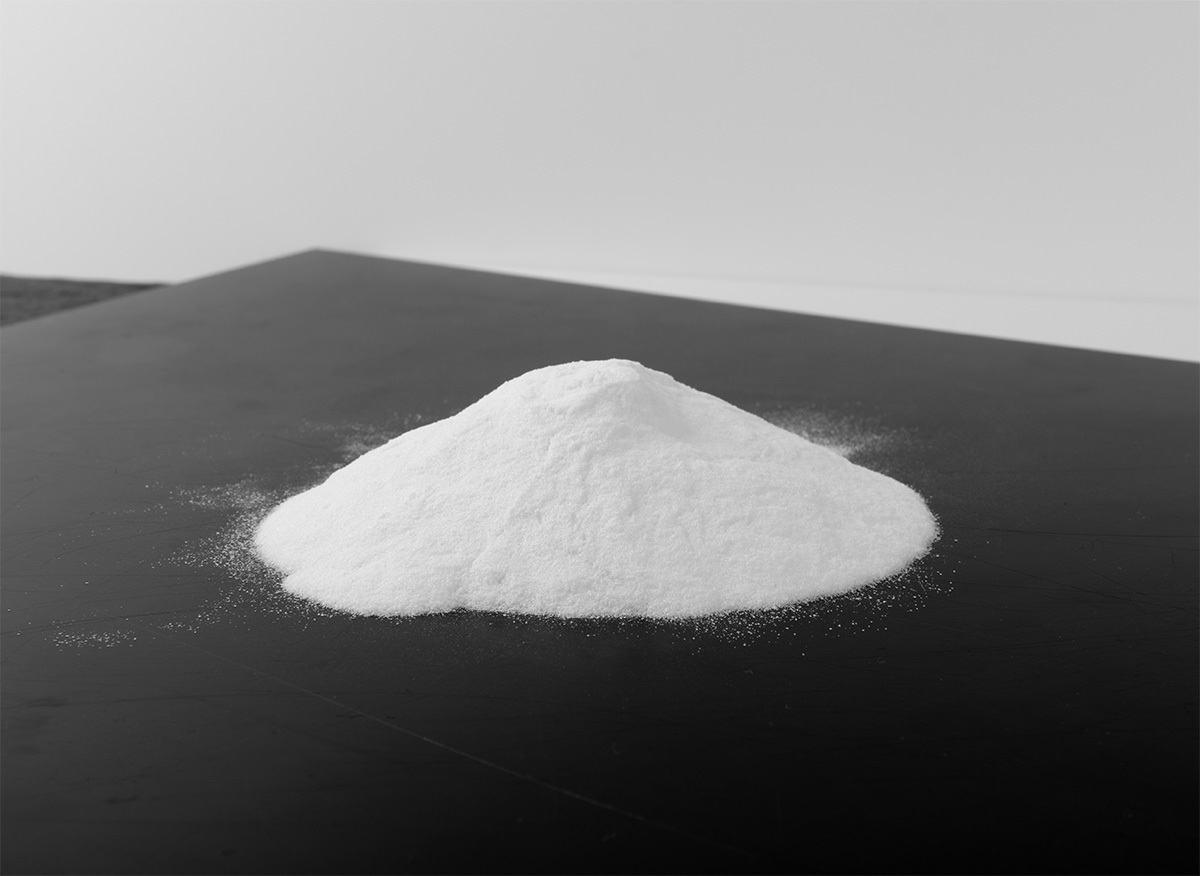
Application of Zinc Sulfide in Feed
The application of zinc sulfide in feed is mainly reflected in its use as a nutritional supplement and as a feed additive in animal husbandry .
The application of zinc sulfide in feed is mainly reflected in its use as a nutritional supplement and as a feed additive in animal husbandry to ensure the healthy growth of animals.
Zinc sulfide, as an important trace element, plays a crucial role in the growth and development of animals. In pig farming production, a moderate amount of zinc in the diet can promote pig growth and enhance their immunity. When zinc is deficient, pigs may exhibit symptoms such as skin problems, decreased thymus weight, and increased white blood cell count. In order to meet the zinc needs of pigs, a diet containing 50 mg/kg of zinc is usually sufficient. However, pigs have a strong tolerance to high zinc levels, generally able to tolerate 20-30 times the normal amount of zinc needed, and rarely experience poisoning.
In ruminant production, zinc deficiency can lead to a decrease in feed utilization efficiency and a decrease in villus quality. By adding zinc to the diet, the daily weight gain and feed utilization efficiency of ruminants can be improved, and the occurrence of hoof rot disease can be prevented. For example, adding organic zinc to dairy cow diets can increase the zinc content in milk.
In poultry production, supplementing zinc in feed can promote the growth and development of chickens. Poultry have a higher demand for zinc than livestock, and about 50% of embryonic tissues are deficient in severe zinc deficiency. By adding zinc sulfate to the chicken diet, the egg production rate can be significantly improved, and the hatching rate and feed egg ratio can be significantly reduced, while the zinc content in eggs can be significantly increased. However, excessive zinc content in the diet can also harm the chicken body, such as causing pancreatic damage and muscle corrosion.
In addition, zinc sulfate is also used in aquaculture as a ciliate killing product. In aquaculture, zinc sulfate forms protein salt precipitates by binding to the proteins of insect cells, or binds to the sulfur groups of insect cell enzymes to achieve the goal of killing. This helps prevent and treat the problem of fixed ciliate diseases in aquatic animals such as crabs and shrimp.
In summary, zinc sulfide is widely used in feed, not only as a feed additive in animal husbandry to ensure the healthy growth of animals, but also as a ciliate killing product in aquaculture, which is of great significance in promoting animal health and improving breeding efficiency
Related news
2026-01-02
2025-09-19
2024-08-07





